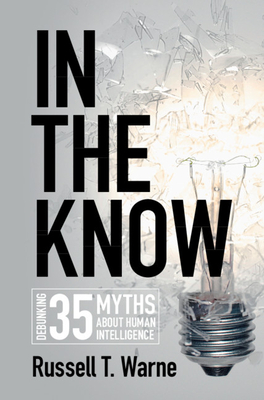What do you think?
Rate this book


434 pages, Hardcover
Published October 29, 2020
What’s puzzling about the belief that every child is gifted is that no one would ever say this about adults...For some reason, total mediocrity is only permitted in adults – never children. I wonder where the non-gifted adults come from.
Yet, because the rhetoric of making every child proficient in core school subjects was appealing, the US Congress passed [the No Child Left Behind Act] that mandated the impossible. A law banning gravity by 2014 would have been equally effective.